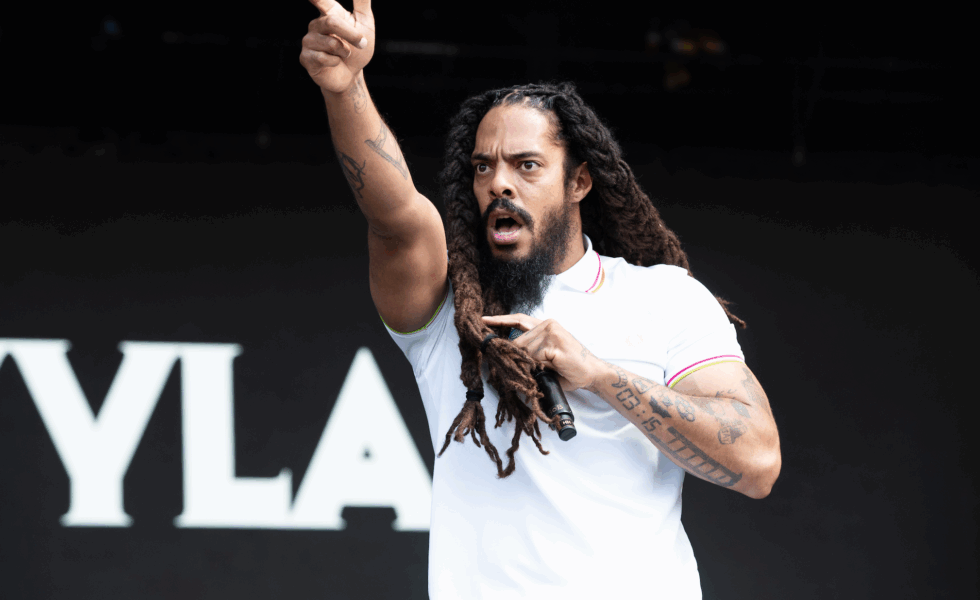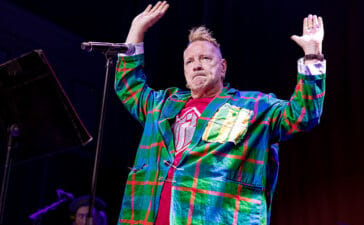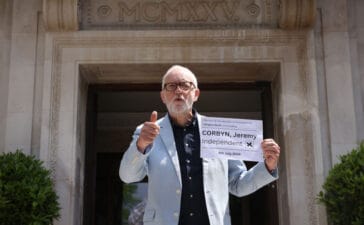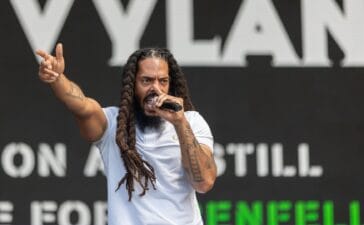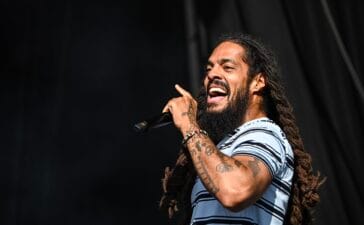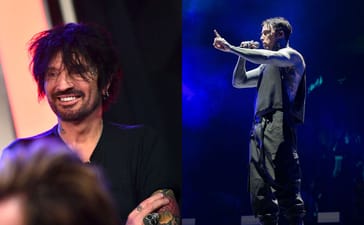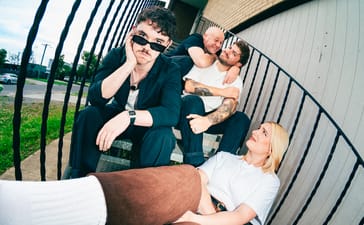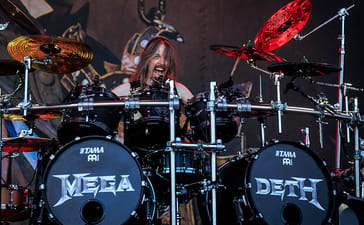Bob Vylan are no strangers to confrontation, but their Glastonbury set this past weekend may have pushed the envelope further than even they anticipated.
The British punk-rap duo led the Other Stage crowd in chants of “Free Palestine” and, more controversially, “Death to the IDF,” igniting a firestorm that’s now resulted in real-world fallout.
Within 48 hours, the U.S. Department of State pulled the band’s visas, effectively cancelling their upcoming U.S. tour. “Foreigners who glorify violence and hatred are not welcome visitors to our country,” wrote U.S. Deputy Secretary of State Christopher Landau on X. The move was swift, and brutal — the kind of reaction usually reserved for sanctioned regimes, not punk bands.
Glastonbury organisers also moved quickly to distance themselves. Emily Eavis issued a statement condemning the chants as “crossing a line,” and reminded artists there’s “no place at Glastonbury for antisemitism, hate speech, or incitement to violence.” Some are calling it damage control. Others are calling it censorship.
Singer Bobby Vylan has doubled down on the band’s stance, writing “I said what I said” on Instagram and likening the moment to teaching his daughter the importance of speaking out. The band remains unapologetic, but the fallout hasn’t stopped: United Talent Agency has reportedly dropped them from its roster, and several upcoming European festival appearances are now in doubt.
This year’s Glastonbury has been a powder keg of political expression — from Kneecap’s public digs at Keir Starmer to Amyl & The Sniffers chanting anti-police slogans — but Bob Vylan’s set has clearly become the flashpoint. Whether you call it activism or antagonism, it’s opened up a raw debate on how far political speech should go on the festival stage — and who gets to draw the line.
As for Bob Vylan? Don’t expect a walk-back anytime soon. They’re not here to play nice. They never were. And now the cost of saying “the quiet part loud” is unfolding in real time.


